If the world will be gulled, let it be gulled
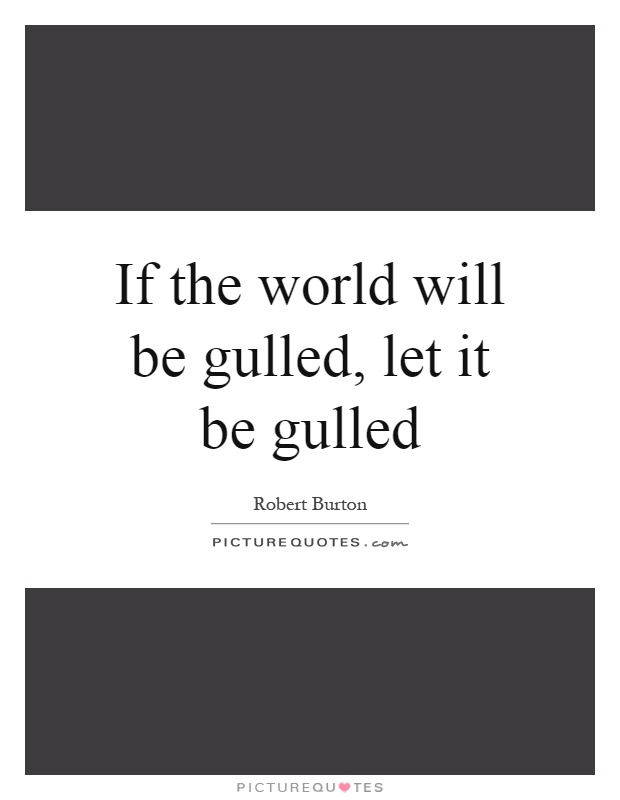
If the world will be gulled, let it be gulled
Robert Burton was a 17th-century English scholar and writer best known for his work "The Anatomy of Melancholy." In this seminal work, Burton explores the causes, symptoms, and treatments of melancholy, a condition that was believed to be a result of an imbalance of the four humors in the body. However, Burton's work goes beyond a mere medical treatise and delves into the complexities of human nature and the human condition.One of the most famous quotes attributed to Burton is "If the world will be gulled, let it be gulled." This statement reflects Burton's cynical view of human nature and his belief that people are easily deceived and manipulated. In the context of his work on melancholy, Burton may have been suggesting that people are prone to self-deception and that they often deceive themselves into believing things that are not true. This could be seen as a commentary on the power of the mind to create its own reality, even if that reality is based on falsehoods.
Burton's statement can also be interpreted as a commentary on the nature of society and the ways in which people are influenced by external forces. In his time, the world was undergoing significant changes, with the rise of new scientific and philosophical ideas challenging traditional beliefs and practices. Burton may have been suggesting that people are easily swayed by the prevailing opinions and trends of their time, even if those opinions are based on falsehoods or misconceptions.
Overall, Burton's statement "If the world will be gulled, let it be gulled" can be seen as a reflection of his deep understanding of human nature and his belief in the power of the mind to shape our perceptions of reality. It is a reminder that we should always be skeptical of the information we receive and question the motives of those who seek to influence us. Ultimately, Burton's work serves as a timeless reminder of the complexities of the human mind and the importance of critical thinking in navigating the world around us.
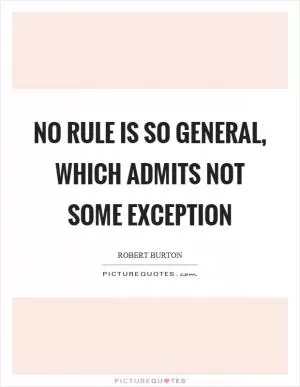
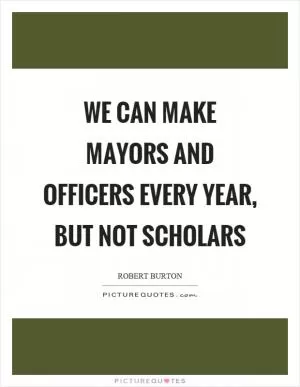

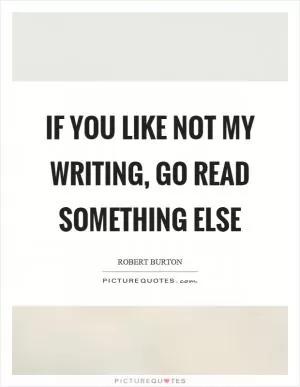
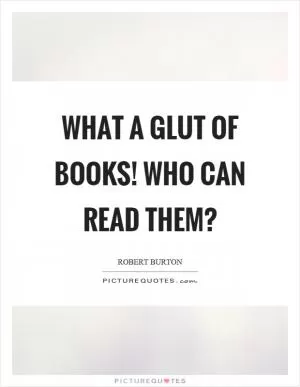
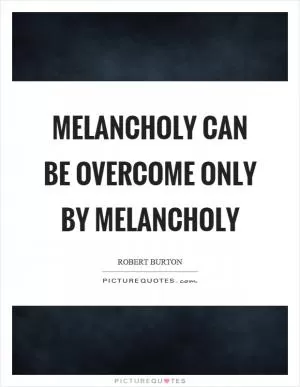

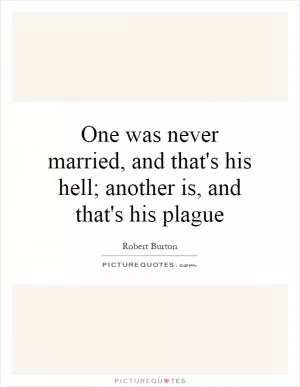
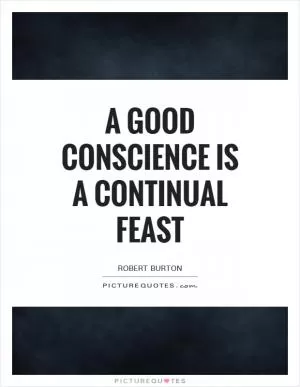
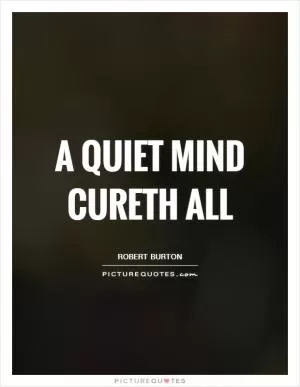
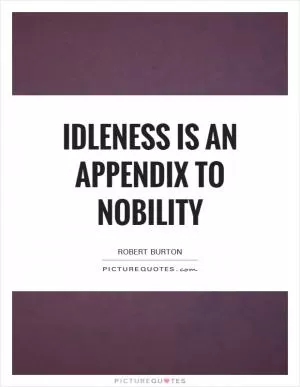
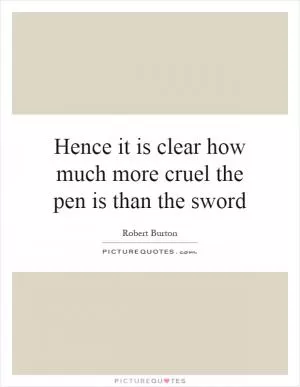
 Friendship Quotes
Friendship Quotes Love Quotes
Love Quotes Life Quotes
Life Quotes Funny Quotes
Funny Quotes Motivational Quotes
Motivational Quotes Inspirational Quotes
Inspirational Quotes